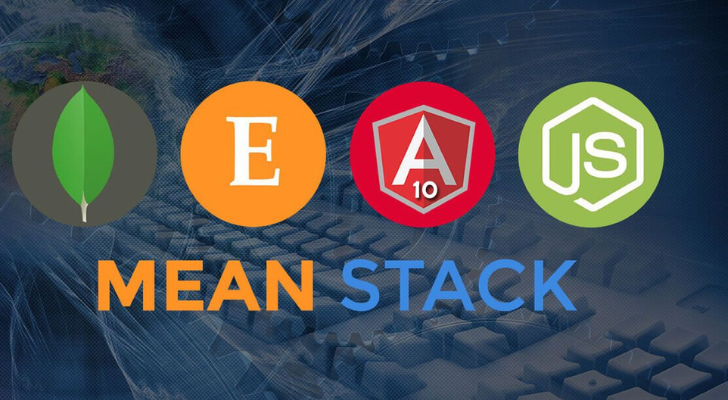MEAN Stack Training

MEAN Stack Training: Building Modern Web Applications
MEAN Stack is a full-stack JavaScript framework that empowers developers to build dynamic and scalable web applications. The acronym "MEAN" represents four key technologies: MongoDB, Express.js, AngularJS (or Angular), and Node.js. MEAN Stack training provides a comprehensive understanding of these technologies and how they seamlessly integrate to create a robust development environment.
1. MongoDB:
MongoDB is a NoSQL database that stores data in a flexible, JSON-like format called BSON (Binary JSON). In MEAN Stack, MongoDB serves as the database layer. Key features include:
-
Document-Oriented: MongoDB stores data in JSON-like documents, making it easy to work with and scalable for various data structures.
-
Scalability: MongoDB is designed to scale horizontally, making it suitable for handling large amounts of data and traffic.
-
Agile Development: Its schema-less structure allows for quick and iterative development, accommodating changes in data structure on the fly.
2. Express.js:
Express.js is a web application framework for Node.js, providing a set of features for building web and mobile applications. In MEAN Stack, Express.js acts as the backend framework. Notable characteristics include:
-
Middleware Support: Express.js simplifies the creation of middleware, facilitating tasks like authentication, logging, and error handling.
-
Routing: It offers robust routing mechanisms, enabling developers to create organized and modular APIs for their applications.
-
Flexibility: Express.js is known for its minimalistic design, giving developers the freedom to choose and integrate various libraries as needed.
3. Angular (or AngularJS):
Angular, developed by Google, is a powerful front-end framework used for building dynamic single-page applications (SPAs). In MEAN Stack, Angular (or its predecessor, AngularJS) takes care of the client-side development. Key attributes include:
-
Two-Way Data Binding: Angular simplifies the synchronization of data between the model and the view, enhancing the real-time interactivity of applications.
-
Modularity: It promotes a modular architecture, allowing developers to break down applications into smaller, manageable components.
-
Dependency Injection: Angular's dependency injection system enhances code maintainability and testability.
4. Node.js:
Node.js is a server-side JavaScript runtime that enables the execution of JavaScript code on the server. In MEAN Stack, Node.js acts as the runtime environment for the server. Noteworthy features include:
-
Event-Driven Architecture: Node.js is built on an event-driven, non-blocking I/O model, making it highly efficient for handling concurrent connections.
-
Scalability: Its lightweight and scalable nature make Node.js well-suited for building high-performance, data-intensive applications.
-
Package Management: Node Package Manager (NPM) simplifies the installation and management of third-party libraries and tools.
MEAN Stack Training Program:
A MEAN Stack training program typically covers:
-
In-depth exploration of MongoDB, Express.js, Angular, and Node.js.
-
Building CRUD (Create, Read, Update, Delete) applications.
-
Developing RESTful APIs using Express.js.
-
Implementing real-time features with technologies like Socket.io.
-
Deploying MEAN Stack applications on cloud platforms.
-
Integration with other tools and technologies commonly used in MEAN Stack development.


